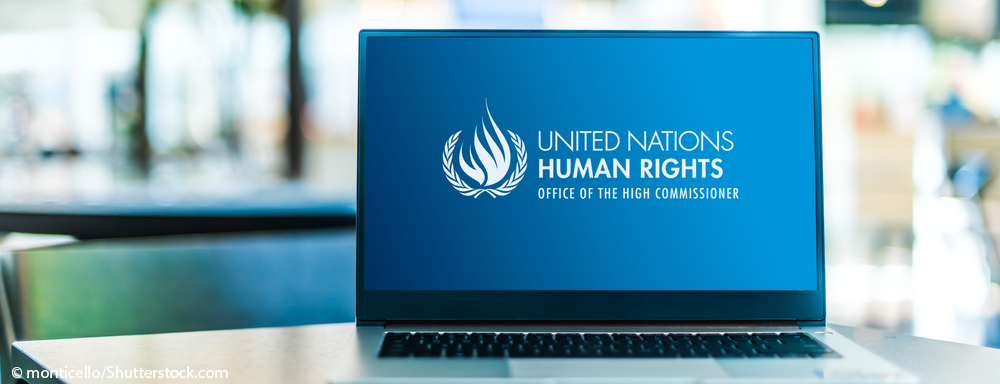Consultation on the development of Guiding principles on the right to early childhood care and education
The Guiding principles regarding the right to early childhood care and education (ECCE) aim to clarify the normative content of the right to education concerning ECCE rights.
The objective of the Guiding principles is to compile into one document the many references in international human rights law to the right to ECCE, the content of the right and the nature of State obligations. These currently appear in piecemeal form in human rights treaties and conventions and in UN monitoring committees’ interpretation through General Comments and Concluding Observations.
The Guiding Principles aim therefore to provide better clarity and usefulness, thereby strengthening the international and national legal frameworks and providing guidance to advance the full implementation and realisation of the right to ECCE in international human rights law.
The Guiding Principles are divided into
- Principles, which reflect legally binding commitments entered into by States as interpreted by UN monitoring committees, and
- Practical Guidance, which reflect political commitments which have been widely entered into by States.
It is an outcome of the various processes, series of discussions, research, and recommendations that emerged over the years concerning the normative framework and related implementation of ECCE rights.
This tool will inform UNESCO’s initiative on the evolving right to education and other initiatives.
Objectives of the consultation
- Ensure the participation of multiple stakeholders, including States, Academia, UN Agencies, civil society organisations, ECCE personnel, children and other development practitioners in the drafting process.
- Build visibility among the various stakeholders including the public on drafting the Guiding Principles.
- Ensure bottom-up inputs, especially from the ECCE practitioners working directly with young children and at the national level.
Participation and methodology
As part of this consultation, we invite you to review the draft of the Guiding Principles and share your insights through this questionnaire. Your feedback will help ensure that these principles are clear, relevant, and actionable.
- Who can participate: This questionnaire is open to all stakeholders, including representatives from governments, academia, experts, civil society organizations, ECCE professionals, UN agencies, the private sector, and other interested parties, provided that responses follow the established guidelines and methodology.
- Focus areas for feedback: The consultation will focus on content coverage, structure and clarity in articulation. However, the scope of any new additions, especially in the content will be restricted within the purpose and content coverage of the draft Guiding Principles. Any new suggestions to the content presented along with legal and political references will be considered.
- Submission guidelines: For consistency and quality, only comments that follow the methodology will be considered.
- Confidentiality: All feedback will be handled confidentially and used solely to improve the Guiding Principles. While general findings may be shared in summary reports, individual responses will not be identified without permission.
- Deadline: We kindly ask that you complete the survey by end of January.
If you need clarification on the questionnaire or methodology, or have technical difficulties, please contact righttoeducation@unesco.org and ecce@unesco.org.
Please note that, in parallel to this questionnaire, several workshops/consultations will be taking place. Regional and thematic consultations will be organised by the members of the Global Advocacy Group and in partnership with regional organisations. Several other conferences and events will provide an opportunity to discuss the guidelines with various stakeholders, including intergovernmental organizations, governments, development agencies, academics, civil society organizations and others.
Working group
A working group of experts, including representatives from UNESCO, the UN Special Rapporteur’s Office, civil society, and academia began the process of drafting these Guiding Principles.
The working group is composed of: UNESCO, the Office of the UN Special rapporteur on the Right to education, the Right to education Initiative, the Oxford Human Rights Hub (Oxford University), the Dublin City University (DCU) Early Childhood Research Centre, the Latin American Campaign for the Right to Education (CLADE), Human Rights Watch, Education International, the World Organization for Early Childhood Education, the Global Campaign for Education (GCE), the Initiative for Social and Economic Rights (ISER), and the Equal Education Law Centre (EELC).

